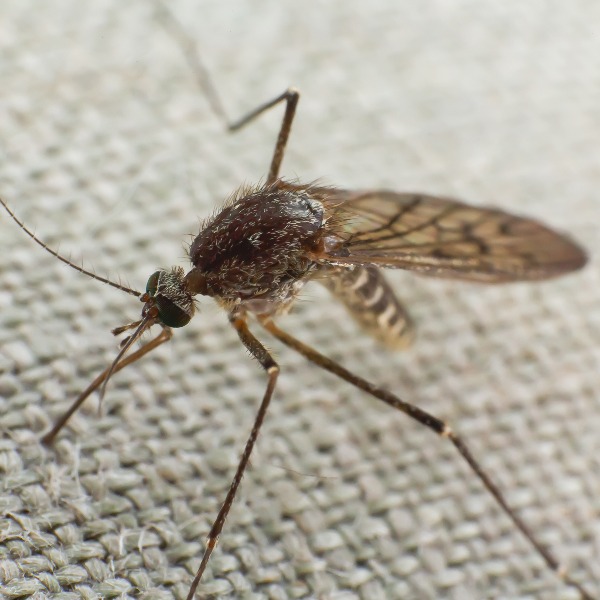It’s springtime again in Joplin and that means dealing with mosquitoes. Dealing with mosquitos can be a real pain in the hind end… literally. But most likely they’ll target the back of your neck with their sharp, disease-spreading bites. For most people living in the four-states region, these bugs are considered a part of life, with little thought about what can be done to get rid of them. However, there are options for dealing with these bugs. Because mosquitoes can carry diseases such as the Zika, West Nile, and Dengue viruses, exterminating your mosquitos is worth consideration.
Types of Mosquitoes
Some mosquito species are known as vector mosquitoes, these mosquitoes can transmit diseases to humans, according to the Center for Disease Control and Prevention. When a vector mosquito bites its victim, human or animal, it draws up germs in the blood it takes. Those germs are then able to reproduce in the mosquito’s body and eventually enter its saliva. The next time the mosquito feeds, it will infect its victim with those germs. According to the CDC, there are 12 types of mosquitoes in the U.S. capable of spreading disease.
Other mosquito species, known as nuisance mosquitoes, cannot spread disease but are still capable of delivering painful bites that swell and itch. Most mosquitoes in the United States fall into the nuisance category. Overall, there are almost 200 types of nuisance mosquitoes in the United States.
Diseases Spread by Mosquitoes
The most common disease spread by mosquitoes in the United States is West Nile Virus. Though the majority of people who become infected with this mosquito borne virus are asymptomatic, while one-in-five people who are infected will experience serious symptoms, according to the CDC. These symptoms include fever, headache, body aches, joint pains, vomiting, diarrhea, and rash. Some individuals who experience a case of the virus more extreme may experience fatigue and weakness for several months after the disease has passed. Though not common, it is possible to die from West Nile Virus.
Other diseases spread by mosquitoes which have occurred in the United States include the Dengue, chikungunya, Zika viruses. Malaria, which is a parasitic infection, occurs in the United States occasionally. According to the CDC, there have been 60 outbreaks of Malaria in the United States in the last 50 years.
How to Control Mosquito Populations
With all the diseases mosquitoes spread. You may be wondering what you can do to limit the number of mosquitoes on your property. Below we’ll look at some of the available options for mosquito prevention and control.
1. Remove Water Sources
Mosquitoes breed in stagnant pools of water. Buckets, clogged gutters, pet water bowls, and used tires are all examples of places mosquitoes will breed. Empty water sources on your property regularly to avoid a heavy mosquito population.
2. Use a Larvicide
In places of standing water which will not be used for drinking and cannot be readily emptied, consider using a larvicide. Larvicides can be purchased and used to treat water sources breeding mosquitoes. It is important to always use the larvicide as instructed on the packaging.
3. Use an Outdoor Adulticide
Adulticide sprays can be used to reduce the population of adult mosquitoes. Adult mosquitoes hide in humid, shady areas like under plants and patio furniture. It is essential to use these sprays as directed on the bottle.
4. Call Professional Help
Sometimes a mosquito infestation requires a professional extermination service. If that’s the case, we at Bug-A-Way pest control are happy to help. As the most qualified exterminator in the four-states region, we will get your mosquito population under control in short order.
